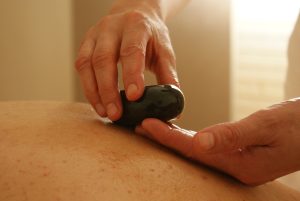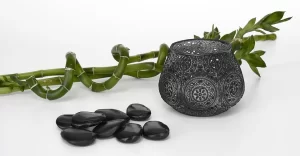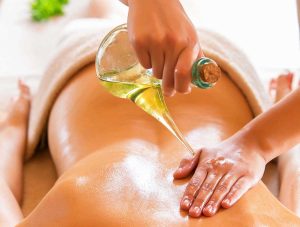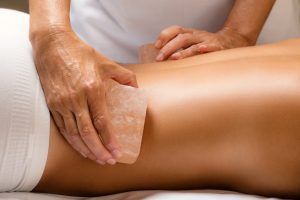Massage is an integral part of our culture, offering an effective way to achieve relaxation, relieve tension, and improve overall health. The world of massage encompasses a variety of techniques and methods, each with its own characteristics and advantages.
What are the benefits of Himalayan Salt Massage?
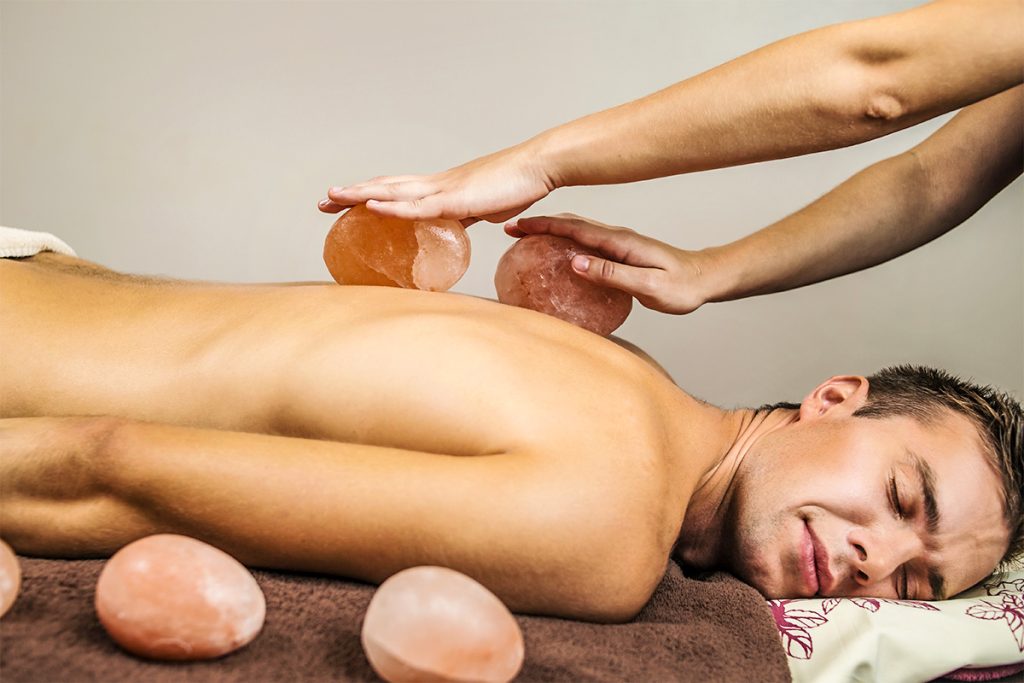

This practice represents a unique and therapeutic procedure that utilizes mineral-rich Himalayan salt. It is becoming increasingly popular due to its unique properties and numerous health benefits:
- Cleansing and detoxification: Helps remove toxins and impurities from the skin, promoting its purification and radiance.
- Improvement of circulation and lymphatic drainage: Stimulates blood flow and lymph drainage, facilitating the effective removal of waste from the body and enhancing overall health.
- Relaxation and stress reduction: Promotes muscle relaxation, reduces stress levels, and creates a sense of deep peace and tranquility.
- Increase in energy and vitality: Helps restore energy and maintains balance in the body, providing a feeling of freshness and vitality.
What are the benefits of Hot Stone Massage?
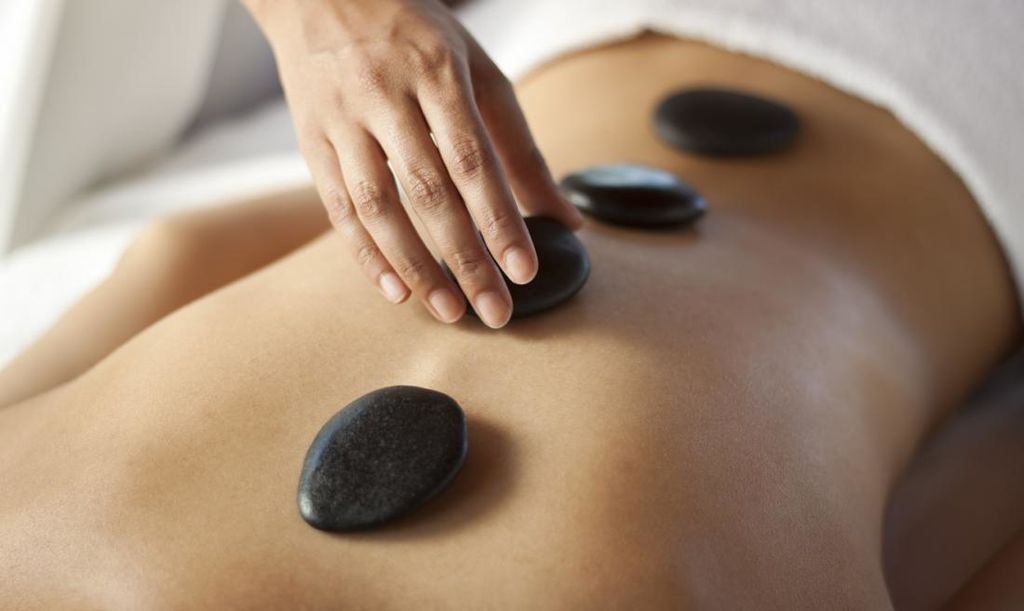

This practice is a traditional procedure that involves the use of smooth, heated stones to achieve relaxation, improve circulation, and create a general sense of well-being. This procedure, combining therapeutic and relaxation effects, is gaining popularity in the modern spa industry due to the following positive properties:
- Muscle relaxation and pain relief.
- Stimulation of circulation: The heat from the stones dilates blood vessels, improving blood circulation, delivering nutrients to tissues, and aiding in the removal of toxins and waste.
- Improvement of sleep and overall well-being.
- Reduction of inflammation and swelling.
What is the difference between Himalayan Salt Massage and Hot Stone Massage?


Method and materials
- First type: Salt is applied to the skin or used in the form of salt packets to warm the tissues.
- Second type: Involves the use of heated basalt stones of various sizes, which are placed on the body and used for massage movements.
Temperature
- First type: Does not involve direct heat application to the skin, except for possible warmth generated during hand massage.
- Second type: The main advantage lies in the heat effect. The stones are heated to a specific temperature and applied to the skin, creating a sensation of warmth and pleasure.
Application
- First type: Effective for those seeking deep skin cleansing, improved circulation, and stress relaxation.
- Second type: Ideal for individuals in need of muscle relaxation, pain reduction, and energy restoration.
Ultimately, the choice between these two practices depends on the preferences and goals of each individual. In any case, it is always important to consult an experienced massage therapist who can recommend the most suitable procedure and technique for you. Enjoy a sensory retreat that benefits your health!
Questions and Answers:
What is a massage?
A massage is a therapeutic technique that involves manipulating the muscles, tissues, and joints of the body to relieve pain, promote relaxation, and improve overall well-being.
What is a hot stone massage?
A hot stone massage is a type of massage therapy that uses smooth, heated stones placed on specific areas of the body. The heat from the stones helps to relax muscles, allowing the massage therapist to work deeper on tense areas.
What is a Himalayan salt stone massage?
A Himalayan salt stone massage is a variation of a hot stone massage where instead of using traditional basalt stones, Himalayan salt stones are heated and used during the massage. These stones are made from Himalayan salt crystals, which are believed to have various health benefits
What are the benefits of Himalayan salt?
Himalayan salt is believed to have several health benefits, including improving respiratory conditions, promoting healthy sleep patterns, balancing the body’s pH levels, and detoxifying the body.
What is the difference between Himalayan salt stone and traditional hot stone massage?
The main difference is the type of stones used. In a Himalayan salt stone massage, heated Himalayan salt massage stones are utilized, whereas a traditional hot stone massage uses regular hot stones made from basalt. The choice between the two is a matter of personal preference.
What does it mean that the stones contain 84 minerals?
The stones used in Himalayan salt stone massages contain 84 minerals found in Himalayan salt crystals. These minerals are believed to have various health benefits and can be absorbed through the skin during the massage session.
How does a massage therapy session work?
A massage therapy session typically starts with a consultation to discuss any specific concerns or areas of focus. The therapist will then use specific massage techniques to address those issues, which may include using the heated Himalayan salt stones. The session concludes with a period of relaxation.
What are the contraindications for Himalayan Salt Massage?
Some contraindications may include open wounds or cuts on the skin, salt allergies, skin conditions, or medical conditions requiring medical intervention.
What temperature are the heated stones used in Hot Stone Massage?
The temperature can vary, but usually ranges around 50-60 degrees Celsius. However, it can be adjusted depending on the client’s comfort and the therapist’s recommendations.
What effects does Himalayan Salt Massage have on the skin?
This practice helps cleanse the skin, remove toxins, improve circulation, and give it a healthy glow.
How does Hot Stone Massage improve circulation and overall well-being?
The procedure stimulates blood flow, dilates blood vessels, leading to improved circulation, delivery of nutrients to tissues, and enhancement of overall well-being.
How does Himalayan Salt Massage contribute to relaxation and stress reduction?
It helps relax the muscles, reduce stress levels, and create a sense of deep peace and tranquility.

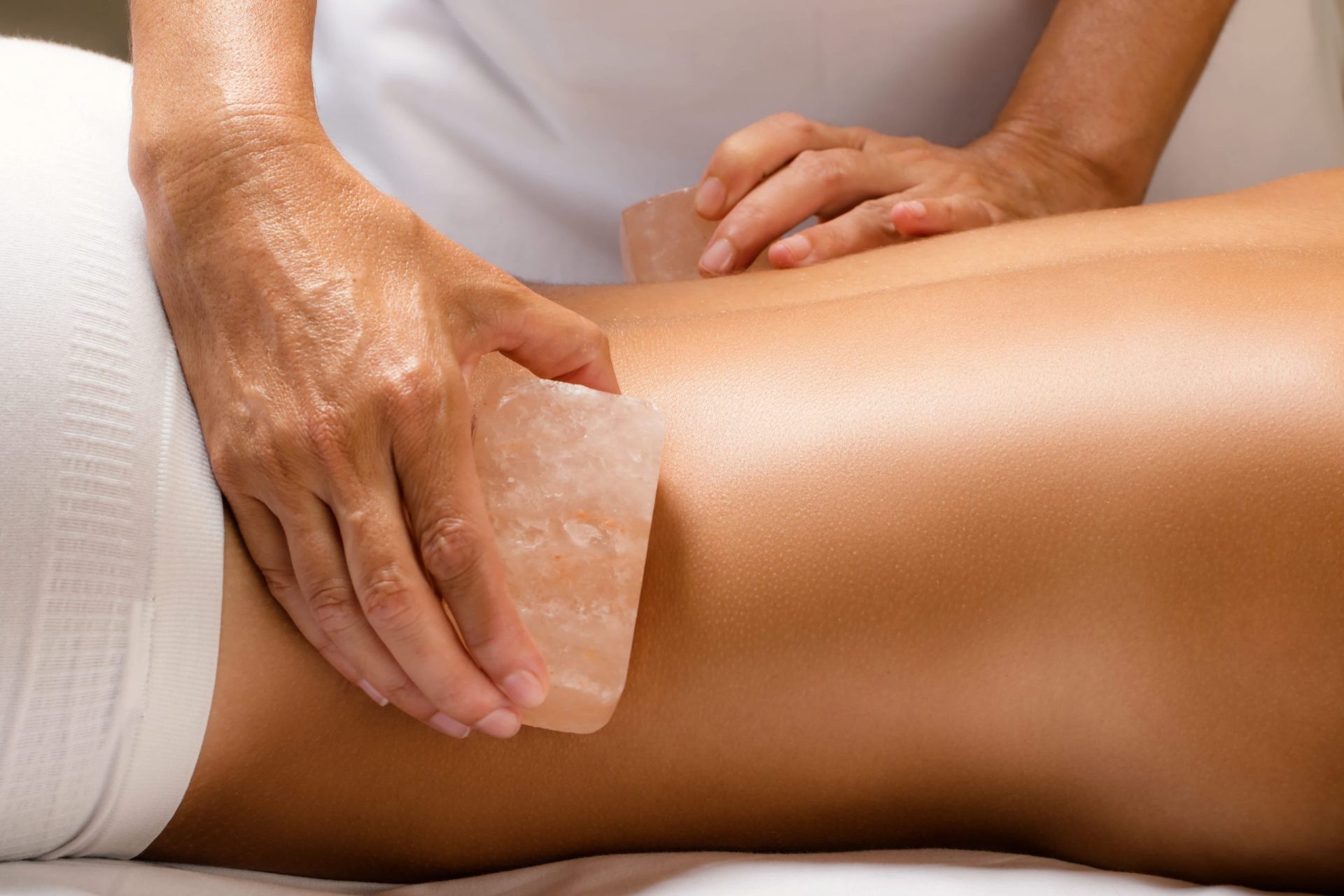











![11 Best Alternatives to Bedpage: Your Ultimate Guide [March 2024]](https://massage.dating/wp-content/uploads/2024/03/Best-Alternatives-to-Bedpage-300x200.jpg)















































